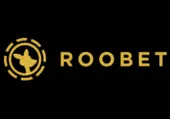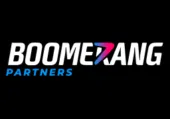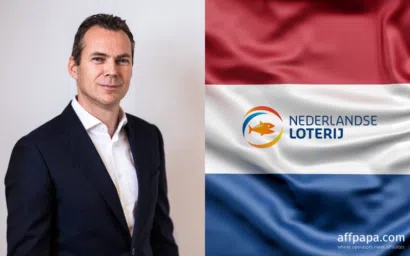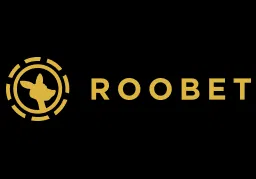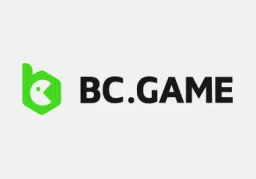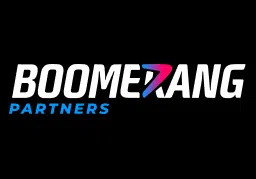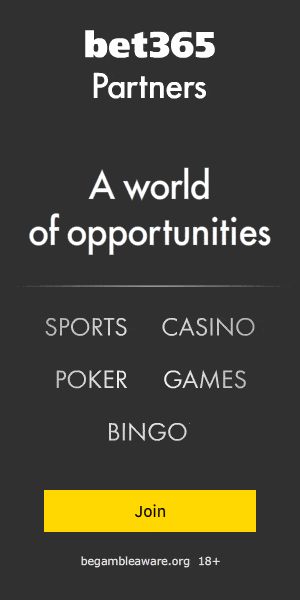Kamer bans online gambling advertising and online slots

Motions aimed at banning high-risk online casino games and online gambling advertising have been passed by the Dutch Parliament (Kamer).
Michiel van Nispen, a Socialist Party (SP) member, put forth these motions as part of the continuing examination of the Remote Gambling Act (KOA Act), which governs the online gambling industry in the Netherlands.
Ban on Advertising: In his initial motion, Van Nispen demanded that all advertisements for online gambling sites be prohibited. Despite not receiving an absolute majority of votes—70 out of 150 MPs—it was still approved because of cabinet absences. This is a reversal of the Kamer’s earlier denial of a motion that was identical in February.
Ban on High-Risk Games: Van Nispen’s second motion especially targeted online slots, where players have no control over the outcome, and called for a ban on any online games that can be shown to carry a significant risk. There were seventy-nine votes in favour of this proposal.
Support and Opposition: A number of groups that have worked to amend or repeal laws have backed both motions, including ChristenUnie, the Christian Democratic Appeal (CDA), the New Social Contract (NSC), and the Reformist Party (SGP).
Tightening permission restrictions, allowing the gambling authority to inspect licences using fake IDs, and providing risk profiles for games of chance to players are among the other motions that were passed. The Senate must next approve the motions that have been approved and turn them into administrative law. The revisions will be spearheaded by Legal Protections Minister Franc Weerwind and could include stronger fines for noncompliance as well as a loss limit.
The CDA party is developing a bill to repeal the KOA Act due to its criticism, even after amendments. The Act’s future is still up in the air because Dutch operators facing potential changes to the legal landscape.


